Mother Nature timed one of her catastrophic onslaughts perfectly during the build up towards the election of the new leader of the world’s largest economy. It almost seemed as though hurricane Sandy intended to steal the US election campaign’s “thunder” while at the same time remained the US (and the rest of the world) who… Read more »
Uncategorized
Malawi DCCMS Capacity Building Programme
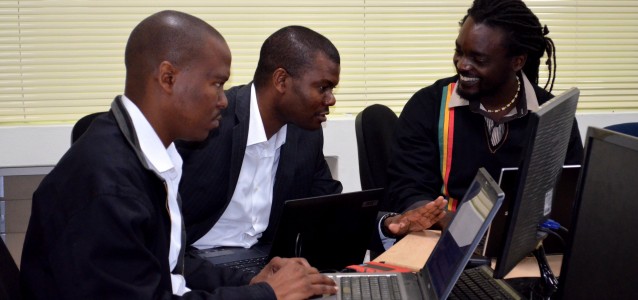
CSAG have been contracted to work in partnership with DCCMS (Department of Climate Change and Meteorological Services) Malawi to undertake a capacity building needs assessment and to review their existing information production and delivery activities. During this project, tailored training will be developed and delivered in partnership with DCCMS in a “train the trainer” approach. … Read more »
Climate is what we do; weather is what they get……
Climate is what we do; weather is what they get……[i] “Climate scientist, are you?”…and an inquisitive look later,…”so what do you really do?” Hmm, so what do I do?..What do I say?” I’m a modeller” hmmm….what does that mean?……. “I’m a climate impacts person” ……..“huh?” So we say this….”Well I study the climate to identify… Read more »
Climate Change Vulnerability Modelling, Indices Development and Downscaling Refinement in Malawi
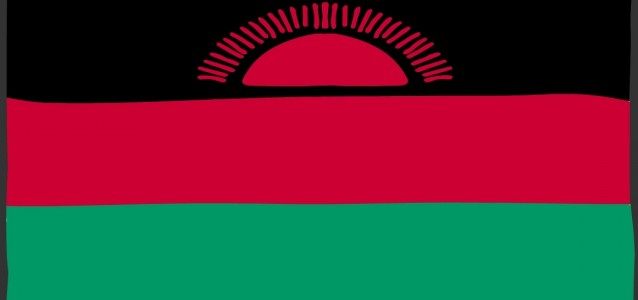
CSAG was recently contracted to provide an assessment of climate vulnerability, climate modelling and downscaling support to the Malawi vulnerability assessment. This specifically assessed current climate conditions, provided future climate projections under different emission scenarios and made explicit the uncertainty ranges around future climate projections. CSAG also hosted staff from the Department of Climate Change… Read more »
Healthy Futures

Health, environmental change and adaptive capacity: mapping, examining and anticipating future risks of water-related vector-borne diseases in eastern Africa. Healthy Futures is an EU FP7 funded project which aims to build a disease risk mapping system for three water-related high-impact VBDs (malaria, Rift Valley fever (RVF) and schistosomiasis) in Africa, accounting for environmental/climatic trends to predict future… Read more »
Variability and Change Projections for Eastern Africa
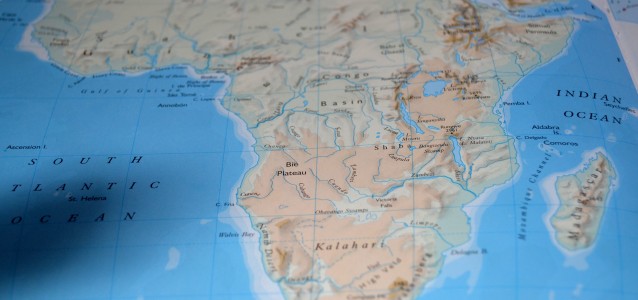
The objective of this consultancy is to generate a report summarising the best available information on climate trends, variability and climate change projections for the Eastern Africa region (Kenya, Tanzania and Mozambique), with a particular focus on the implications for biodiversity and natural resources in nine WWF priority landscapes and seascapes. The output will provide… Read more »
CORDEX
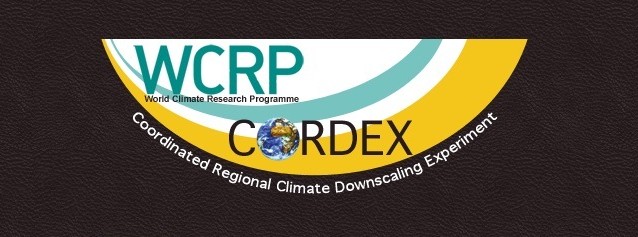
Click here to see members of CSAG presenting at the International Conference on Regional Climate – CORDEX 2013 There is an increasing need for detailed, high-resolution regional information regarding future climate. Information at this regional scale is needed by scientists in disciplines that require climate information (e.g. hydrologists), as well as decision- and policy-makers, and… Read more »
ClimAfrica
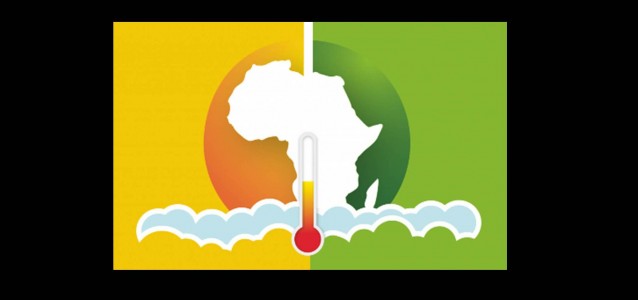
ClimAfrica – Climate change predictions in Sub-Saharan Africa: impacts and adaptations ClimAfrica is an international project funded by European Commission under the 7th Framework Programme (FP7) which comprises 18 institutions: 9 from Europe, 8 from Africa, and the Food and Agriculture Organization of the United Nations (FAO). African partners are from: Burkina Faso, Congo, Ghana, Kenya, Malawi,… Read more »
Climate Risk Screening Tool
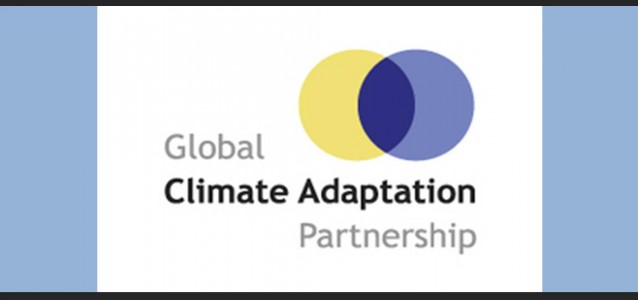
CSAG have been sub-contracted by the Global Climate Adaptation Partnership to provide projections of climate for use in a climate risk screening tool being developed for African Development Bank managers. CSAG will provide data and plots customised for the decision support tool interface.